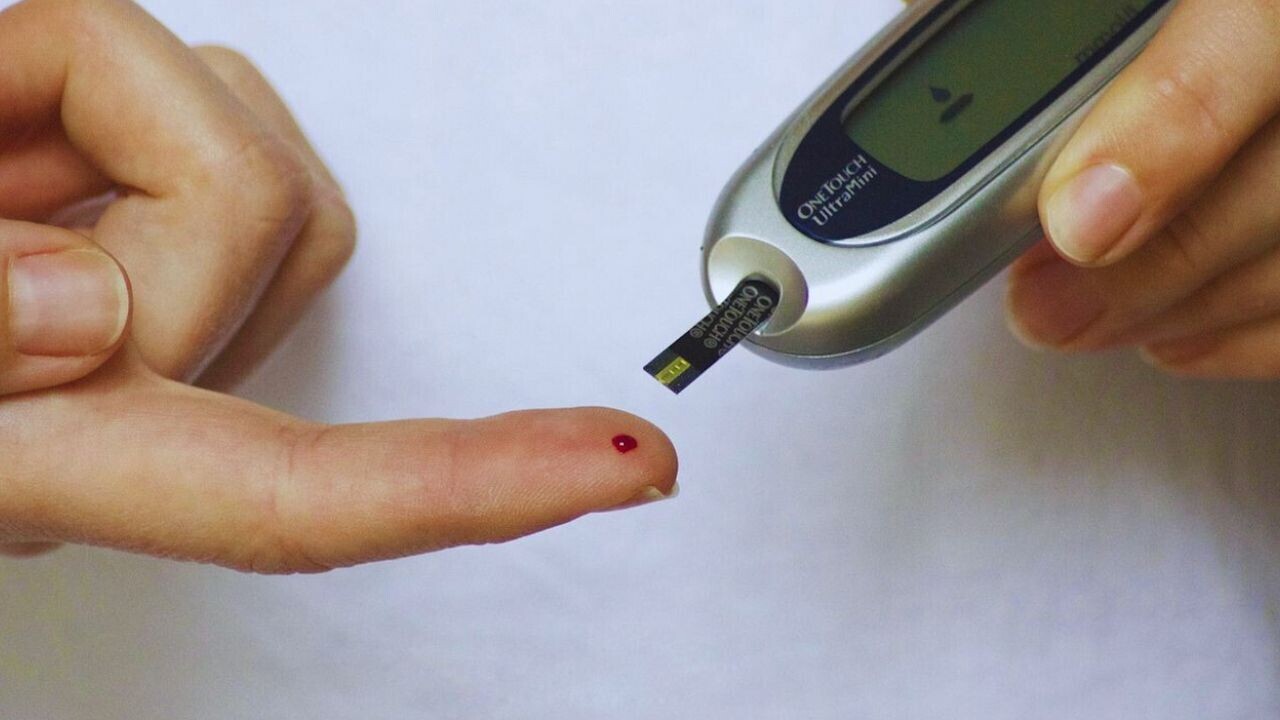
In a potentially transformative move for healthcare, the NHS is rolling out an “artificial pancreas” for people suffering from type 1 diabetes.
Known as the Hybrid Closed Loop (HCL) system, the artificial pancreas is a device that significantly automates the management of blood sugar and insulin levels — a necessary process for those living with the condition.
Specifically, the device continuously monitors blood sugar (glucose) levels, determines the amount of insulin needed, and transmits this information to a pump.
This way, patients don’t need to constantly monitor themselves with finger prick blood tests or by wearing a traditional glucose monitor. They can also rely on the technology to receive insulin instead of having to inject it themselves.
The NHS is now assessing which patients will benefit the most from the artificial pancreas, drawing from a pool of nearly 300,000 individuals, who are suffering from type 1 diabetes in the UK. The aim is to include both children and adults.
This world-first, nation-wide initiative builds on a successful trial of the technology in 2022, which showed that the device improved management of the disease across different age groups.
According to the NHS, the artificial pancreas can also prevent life-threatening symptoms such as hypoglycaemic and hyperglycaemic attacks. These occur when the glucose levels are too low or too high, respectively. Another potential benefit is reducing the risk of type 1 diabetes progressing into type 2.
The rollout of the device across the country is expected to take five years. Currently, the NHS is spending around 10% of its budget on identifying and treating diabetes — which amounts to approximately £10bn a year.
Smart devices for diabetes management are also being developed outside of public healthcare initiatives. The UK’s startup world boasts companies such as SM24, Cellnovo, and Dia-Vit.
Get the TNW newsletter
Get the most important tech news in your inbox each week.





